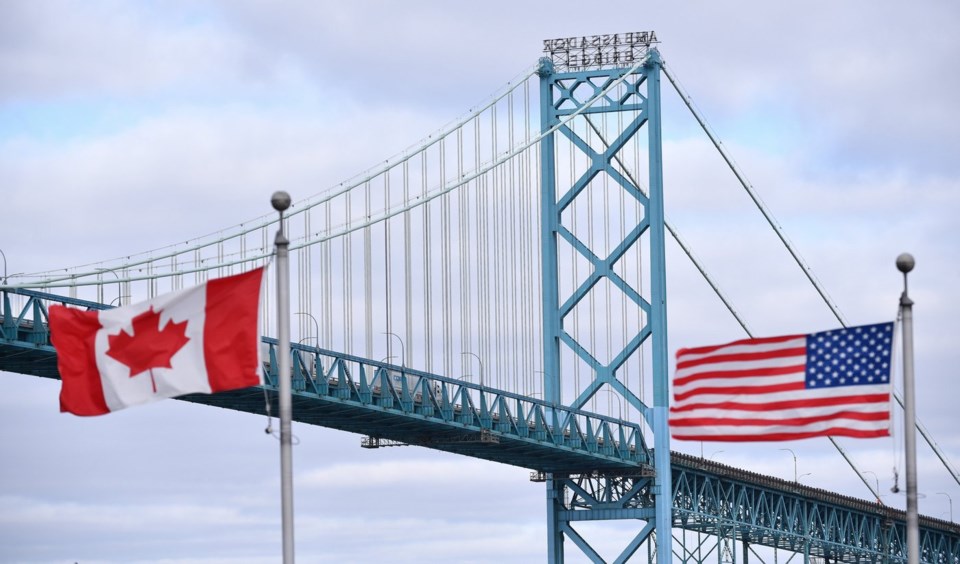Canadian auto parts companies say the current North American trade agreement is helping them manage headwinds from south of the border, even as tariff disruptions intensified over the past months.
With recent earnings reports from Martinrea International Inc. and Linamar Corp., both firms highlighted compliance with the Canada-U.S.-Mexico Agreement as a source of shelter from the harsh tariffs imposed by the United States.
“Despite the myriad of tariffs put in place over the last several months, Linamar can continue to have minimal bottom-line impact. We have some impact in a few areas, but not at a material level,” Linda Hasenfratz, Linamar’s executive vice-chair, said on an earnings call.
She highlighted a few reasons the company has been able to mitigate tariffs.
“For products produced in Canada and Mexico, our products are USMCA compliant for virtually everything we ship into the U.S., meaning no tariffs for our customers on the mobility side, where they are the importers of record or for us on our industrial products, where we are the importer of record,” she said.
Hasenfratz also highlighted a strategy of producing products in the same continent as its customers, while not “chasing low-cost labour around the world.” In contrast, she said making products in Europe or Asia and shipping them into the United States would trigger tariffs.
She also said fewer U.S. plants means fewer tariffs overall.
“I would note that our U.S. footprint is reasonably small at just 10 of 75 plants globally, meaning tariffs on any imported product from a supply chain perspective is not material to our overall business performance,” Hasenfratz said.
Martinrea also said its tariff impact is manageable.
“Recall that USMCA-compliant auto parts are exempt from section 232 auto tariffs, which is a positive for us as well as our industry. This is a very good thing,” said chief executive Pat D'Eramo on an earnings call.
“We do have some tariff exposure on some products that we get from tier two suppliers and from parts affected by steel and aluminum tariffs. So there is some tariff impact in our results.”
Robert Wildeboer, Martinrea's executive chairman of the board, said that the company is anticipating next year to be “fairly solid,” although it would depend on how the North American economy performs in the coming months.
"The tariff bite has not been nearly as bad as the tariff bark," he said.
Going forward, Hasenfratz said she has concerns about the impact of tariffs on automaker customers.
“The cost to our customers, as we've seen, are in the billions. I do have some concern about the potential impact of vehicle pricing and therefore demand longer term,” she said.
Martinrea reported a drop in profit during the second quarter. The Toronto-based company said it made a profit of $38 million during the second quarter, down from $40.97 million during the same quarter last year.
Martinrea maintained its outlook for the year, expecting its sales to be between $4.8 billion and $5.1 billion, and free cash flow between $125 million and $175 million, despite the company expecting lower sales in the second half of the year, compared with the first half.
The auto parts supplier said its total sales for the quarter came in at $1.27 billion, compared with $1.3 billion a year earlier.
Linamar reported net earnings of $126.9 million during its second quarter, down from $174.1 million a year earlier. The Guelph, Ont.-based auto parts manufacturer said its sales totalled $2.6 billion during the quarter, down from $2.8 billion during the same period last year.
This report by The Canadian Press was first published Aug. 13, 2025.
Companies in this story: (TSX: MRE, TSX: LNR)
Ritika Dubey and Daniel Johnson, The Canadian Press



